Hello! I would like to share information that will be very helpful to everyone struggling with rhinitis. Rhinitis is a chronic inflammation of the nose and sinuses that many people experience, leading to nasal congestion, sneezing, and itching. But don’t worry! Today, I will tell you about treatments and prevention methods to alleviate and prevent rhinitis. Let’s solve the discomfort caused by rhinitis together!
What is Rhinitis?
Rhinitis is a chronic condition where the tissues in the nose and sinuses become inflamed. It is mostly caused by allergic reactions, but the causes of rhinitis can vary. Rhinitis causes discomfort to many people, inducing symptoms such as nasal congestion, sneezing, and an itchy nose. These symptoms can interfere with daily life.
Main Causes and Symptoms of Rhinitis The main cause of rhinitis is an allergic reaction. Allergic rhinitis occurs due to an inflammatory reaction in the respiratory tract when exposed to allergens such as household dust, pollen, and mold. Non-allergic rhinitis can occur due to causes other than allergies, such as environmental pollution, certain medications, and climate changes. The main symptoms of rhinitis include nasal congestion, sneezing, an itchy nose, and swelling around the nose.
Diagnosis Methods and Their Importance
The most common way to diagnose rhinitis is based on symptoms and the patient’s medical history. However, for an accurate diagnosis, allergic reactions can be confirmed through allergy tests, blood tests, and skin tests. An accurate diagnosis of rhinitis is very helpful for subsequent treatment and prevention.
Traditional Treatments for Rhinitis
One of the traditional treatments for rhinitis is avoiding allergens. This requires environmental control, and thorough cleaning and ventilation are necessary in areas with a lot of dust or mold. Additionally, medication therapy is commonly used, including antihistamines and steroid nasal sprays.
Medication Treatment and Its Effects
Medication treatment is effective in alleviating symptoms of rhinitis and preventing recurrence. Antihistamines have an effect of suppressing allergic reactions and alleviating symptoms, while steroid nasal sprays suppress inflammation and relieve nasal congestion and swelling. Also, using sterilized saline for nasal irrigation or a nebulizer can be helpful.
Considerations and Choices for Surgical Treatment
If symptoms of rhinitis do not improve with medication treatment, surgical treatment can be considered. The most common surgical treatment recommended for mild rhinitis patients is laser surgery. This surgery has the effect of removing inflamed tissue and improving breathing. However, long-term effects and possible side effects should be considered before surgery.
Non-Medication Treatments and Alternative
Therapies In addition to medication treatment, non-medication treatments and alternative therapies can be tried. For example, allergen-specific immunotherapy has the effect of strengthening the patient’s immunity and suppressing allergic reactions. Also, natural extracts such as prickly ash, lotus, and ginger can help alleviate symptoms of rhinitis.
Prevention and Management Strategies in Daily Life
To prevent and manage rhinitis symptoms, some daily habits need to be changed. It is important to maintain a clean environment at home and remove allergens. Additionally, using an air purifier to improve indoor air quality can also be helpful. Moreover, healthy eating habits and sufficient sleep also aid in preventing rhinitis.
Diet and Rhinitis Management
Diet plays a significant role in managing rhinitis. Patients with allergic rhinitis should avoid allergen-causing foods. For example, milk, eggs, and nuts can trigger allergic reactions and should be avoided. Also, consuming antioxidant-rich fruits and vegetables to strengthen immunity can be beneficial.
Stress Management and Immunity Boosting Methods for Rhinitis
Patients Stress can exacerbate rhinitis symptoms. Therefore, rhinitis patients need to find ways to manage stress and strengthen immunity. Activities such as exercise, yoga, and meditation are recommended to reduce daily stress. Additionally, taking supplements such as vitamin C and zinc can help boost immunity.
Rhinitis is a chronic condition that significantly disrupts daily life. However, symptoms can be alleviated and managed through proper treatment and prevention methods. Applying known treatment and prevention strategies is important for improving the quality of life with rhinitis.

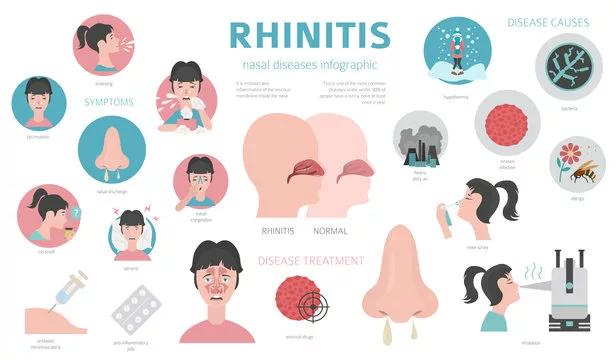
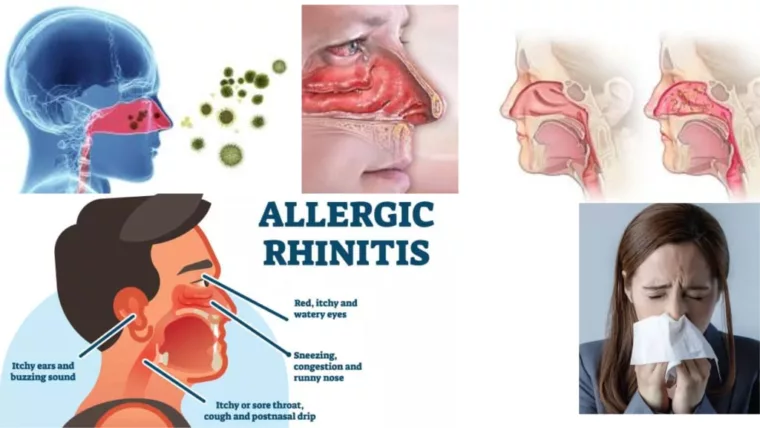
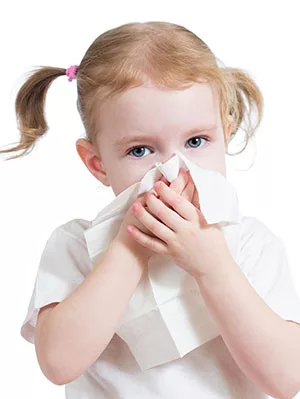
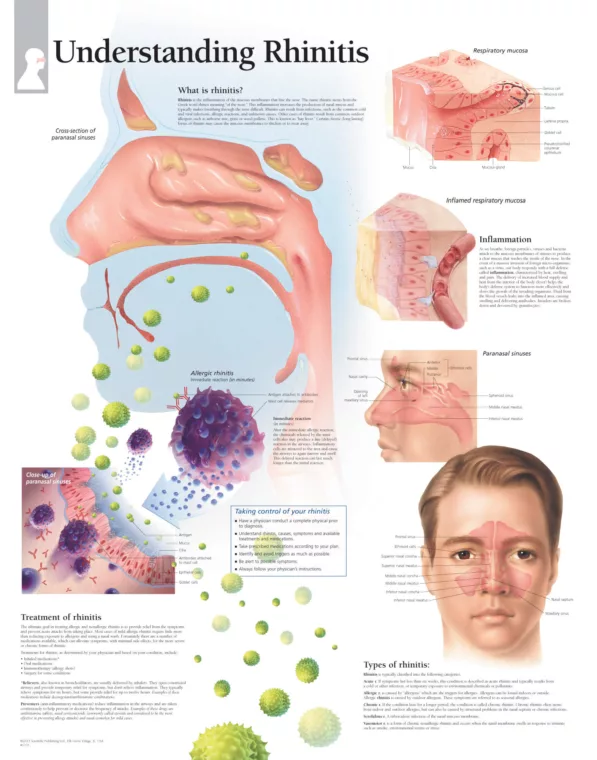
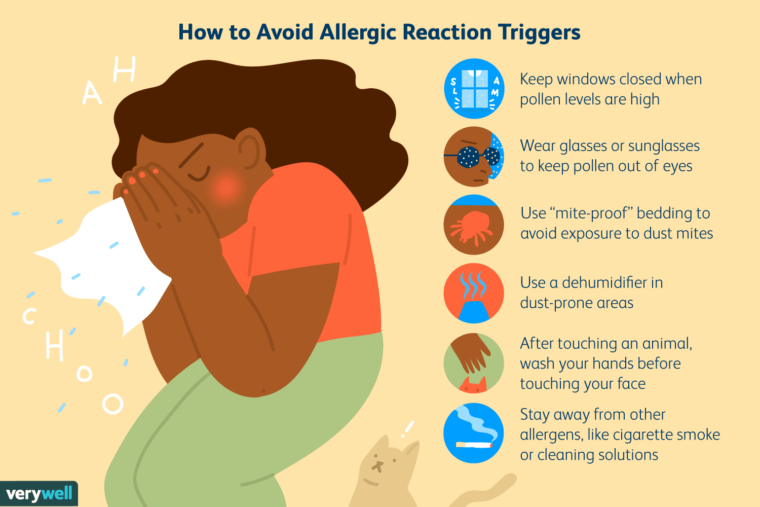
Leave a Reply